I Fought The Law ending explained: Breaking down the intense finale of the Sheridan Smith drama
The heartbreaking story of Ann Ming's fight to get justice for her murdered daughter reached its TV conclusion, and did not disappoint
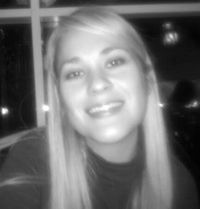
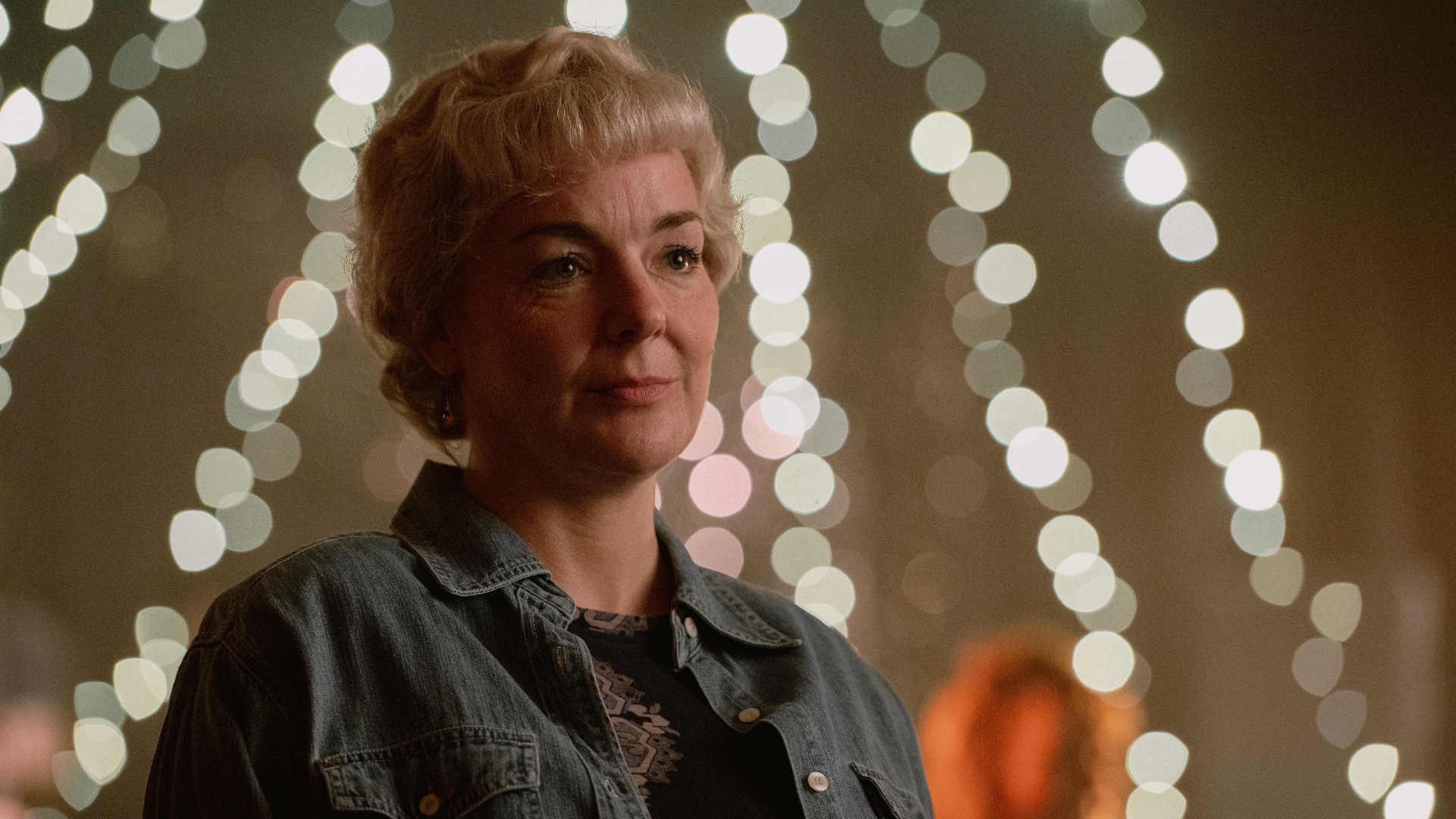
The true story behind ITV's I Fought The Law is not only shocking, but left a lasting legacy on the criminal justice system.
Although Sheridan Smith has been left "a shaking mess" by filming some of the gut-wrenching scenes in the show, the actress has done a fine job of bringing Ann Ming's tragic fight to get justice for her murdered daughter, Julie Hogg, to life.
For those who have now finished the series, the final episode saw the final courtroom showdown for the man accused of Julie's killing, William Dunlop, and a lot more besides.
Read on while we break down everything that happened in episode 4 of I Fought The Law, and clear up any of your unanswered questions.
I Fought The Law ending explained
I Fought The Law episode 4 opens with a flashback to 1977 and a younger Ann Ming at home with her three small children.
A knock at the door reveals a neighbour handing Ann a petition signed by many other neighbours, asking her and her family to leave the area.
Ann's husband, Charlie Ming, was of Chinese descent. The real Ann has since spoken about the reluctance of locals to accept minority groups in the area she lived in, Billingham, and the discrimination her family suffered because of it.
Sign up to our free daily email for the latest royal and entertainment news, interesting opinion, expert advice on styling and beauty trends, and no-nonsense guides to the health and wellness questions you want answered.
Their home is later emblazoned with graffiti reading "go home," leaving Ann understandably furious.
The scene then cuts to Ann's continued fight to get justice for Julie, visiting then politician Jack Straw, to discuss trying to change the double jeopardy law preventing justice for Julie.
Jack Straw notes the "grey area" of double jeopardy, suggesting it will take years for any changes to be made. He also reveals that any changes applied to the law won't be made retrospectively, and William Dunlop could still walk free.
Encouraging Ann to keep her voice loud and telling her she has grit, he insists she continue her fight for what is right.
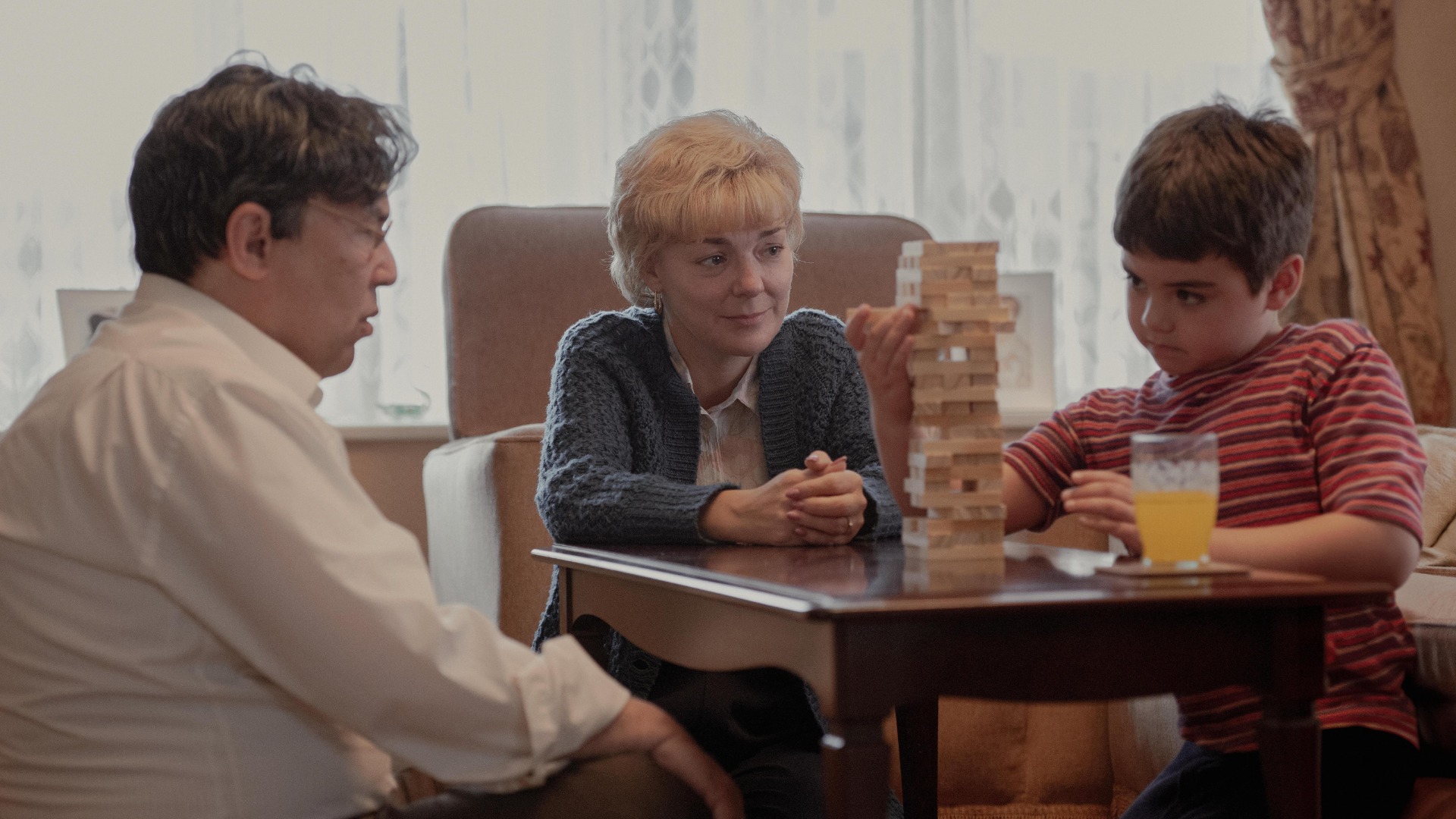
Meanwhile, Julie's son Kevin is now a teenager. Ann and Charlie Ming had always kept the true nature of Julie's death from him, asserting she slipped and knocked her head in the bath and died from a head injury.
Kevin, having heard rumours about how Julie really died from other children at school, presents Ann with newspaper clippings detailing the real story that he'd found in the library. Ann knows it's time to tell him the truth.
Charlie starts to run out of energy in the fight for Julie, going on to receive a diagnosis of Parkinson's disease - he died from a combination of Parkinson's and dementia in 2013.
With Charlie taking a step back due to ill health, Ann continues her relentless campaign with TV and radio appearances. She even ends up in a television debate with Imran Khan, solicitor for Stephen Lawrence's family.
Khan suggests overturning the double jeopardy law will lead to "sloppy police work," with officers knowing they could repeatedly try offenders for the same crime should it be overturned, if the result didn't go their way.
However, when Ann asks Khan if he'd be happy with a perjury sentence should his own daughter have been murdered, he's forced to admit he wouldn't - Ann takes this as a win.
Later, the law commissioner gets in touch after watching the TV debate to say he wants to speak to Ann face-to-face, after she made herself "hard to ignore."
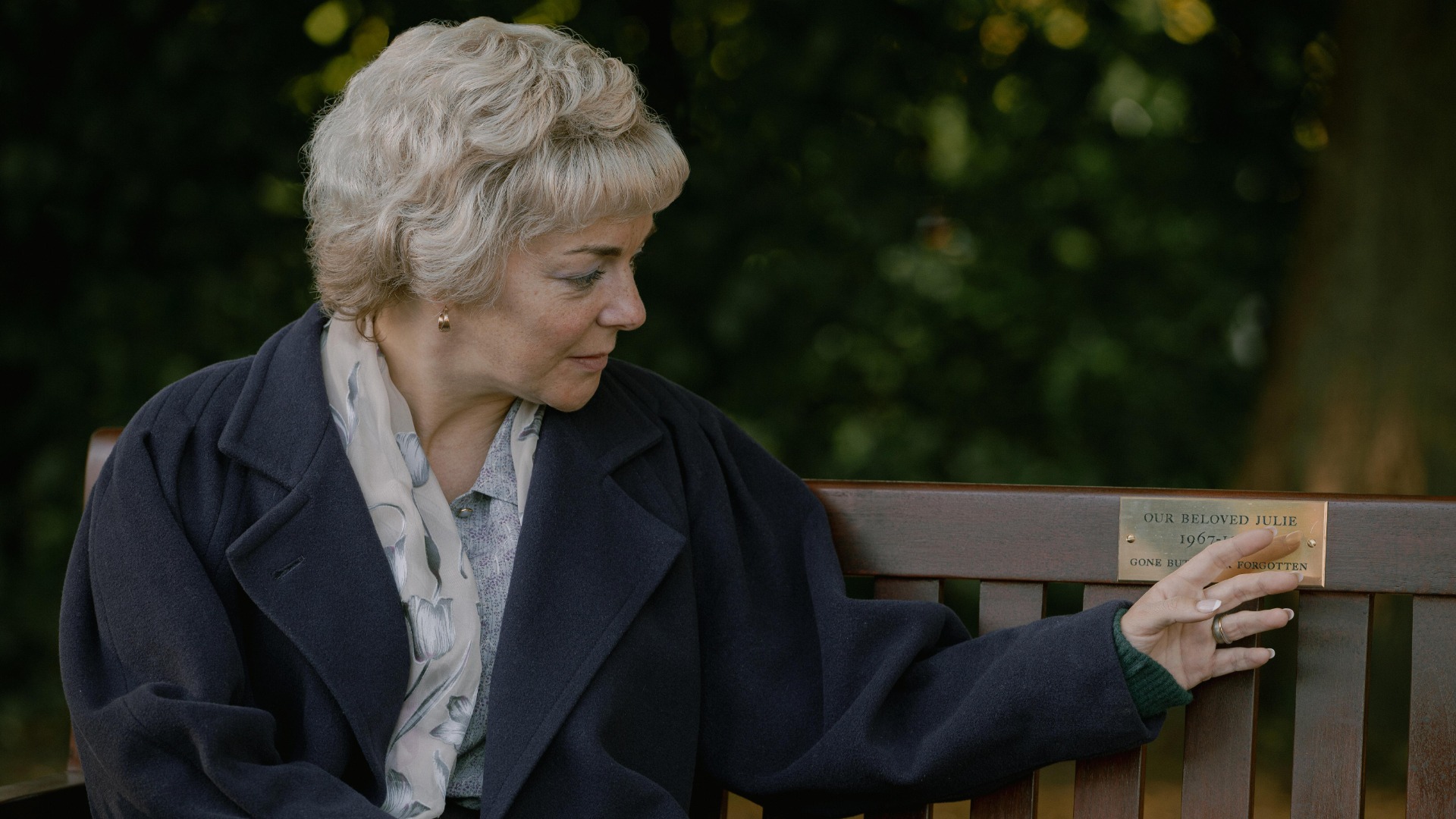
The commissioner agrees to review double jeopardy, and there's urgency to the review when it comes to light that William Dunlop is going ahead with an appeal against his perjury sentence.
Ann is encouraged to write a victim impact statement to be read at Dunlop's appeal, which could influence the final decision in her favour.
When her statement goes missing, Ann once again has to fight to get another one to the court in time for the appeal hearing.
There's relief in store for Ann when Dunlop's appeal fails, and he's to return to prison to see out the remainder of his sentence. This affords Ann more time to get him handed a new sentence for Julie's murder, and not just the other crimes he'd been charged with.
There's even more celebrations in store for Ann and her family when the news comes that the double jeopardy law will be overturned, and it will also be retrospective - Dunlop could indeed be retried for Julie's murder if the final say on the law change makes it past the House of Lords.
If there's to be even a hint the House of Lords wouldn't agree to the changes to the law, the incredible Ann yet again steps up to make a passionate speech to its members.
Later, laying flowers for Julie, Ann runs into her son, Gary, who is also paying respects to his sister. Gary urges her to stop her campaign for Julie and focus on her two living children.
There's a bittersweet moment after this conversation, when an emotional Ann hears the House of Lords passed the changes to double jeopardy - William Dunlop is to be retried.
Finally, after fighting for years, Dunlop is found guilty of Julie's murder and sentenced to 18 years in prison. He also becomes the first person to be tried under the new law made possible by Ann and her passion.
As Ann and her family celebrate, Ann imagines she sees a smiling Julie walking towards her before the image disappears. The closing moments of the series see the entire Ming family and their friends dancing line dancing and celebrating their long-awaited justice, while details of the impact of Ann's campaign appear on the screen.
In a final emotional twist, the real Ann - who still loves line dancing to this day - makes a cameo appearance. She is clapped by all of the cast and hugged by Sheridan Smith. A fitting way to honour such a remarkable woman.
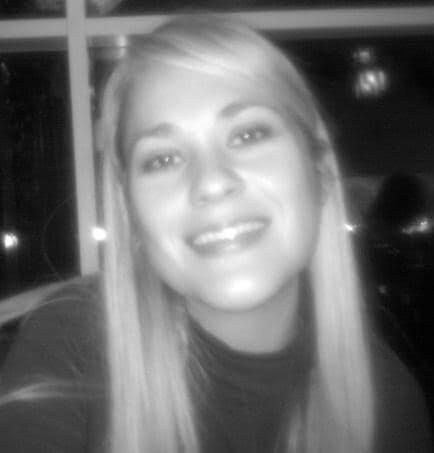
Lucy is a multi-award nominated writer and blogger with seven years’ experience writing about entertainment, parenting and family life. Lucy worked as a freelance writer and journalist at the likes of PS and moms.com, before joining GoodtoKnow as an entertainment writer, and then as news editor. The pull to return to the world of television was strong, and she was delighted to take a position at woman&home to once again watch the best shows out there, and tell you why you should watch them too.
You must confirm your public display name before commenting
Please logout and then login again, you will then be prompted to enter your display name.